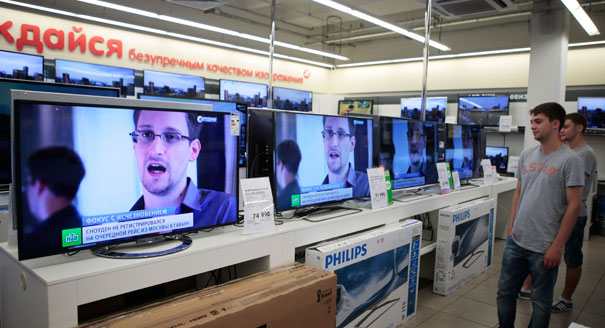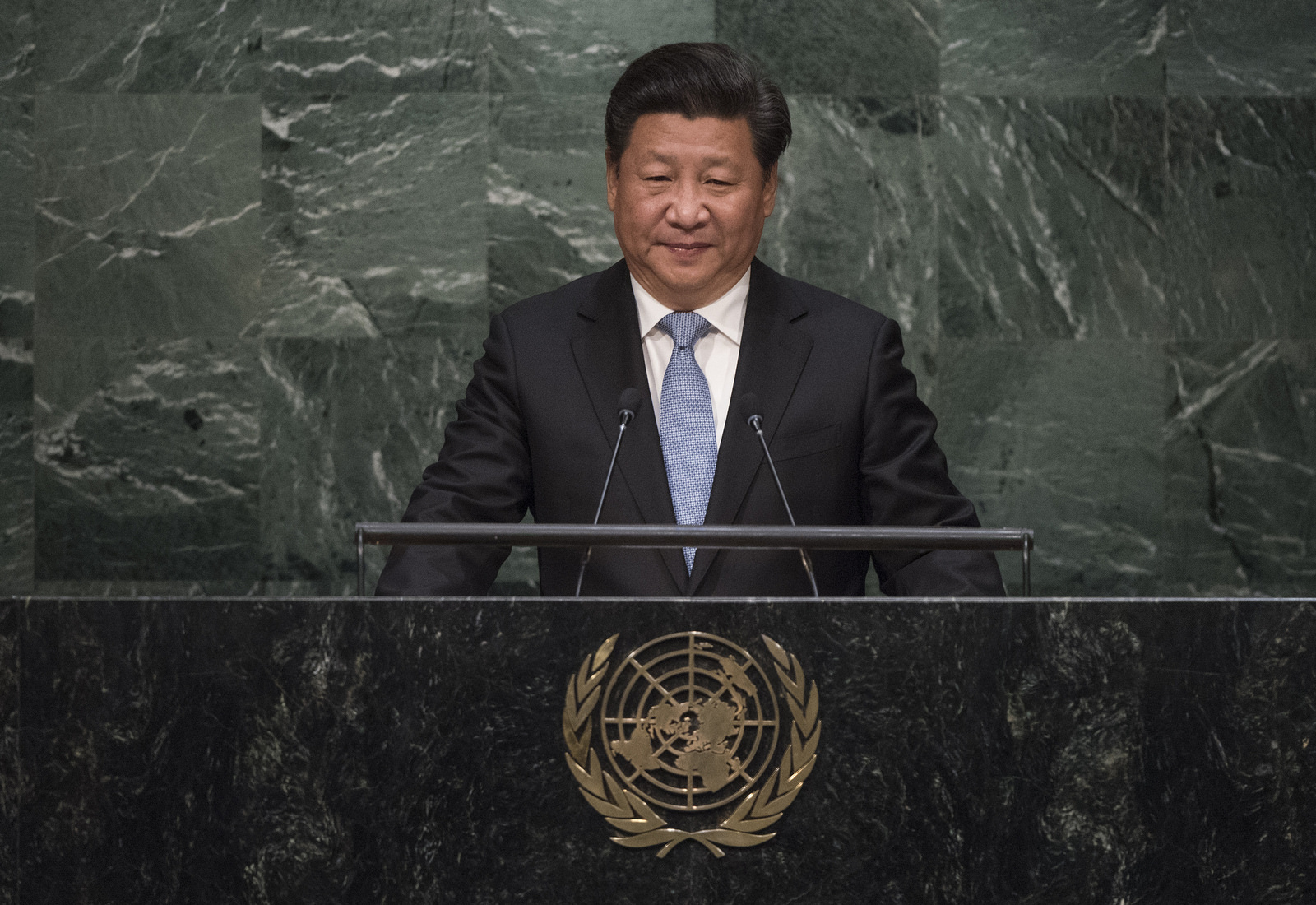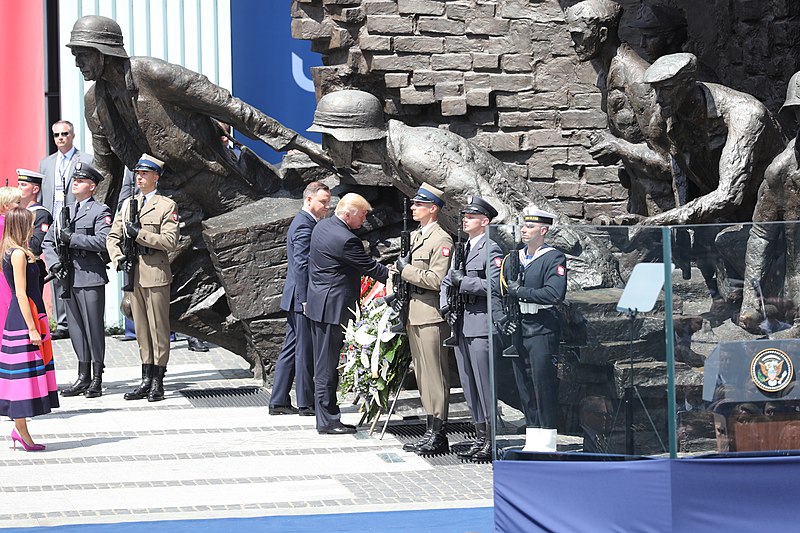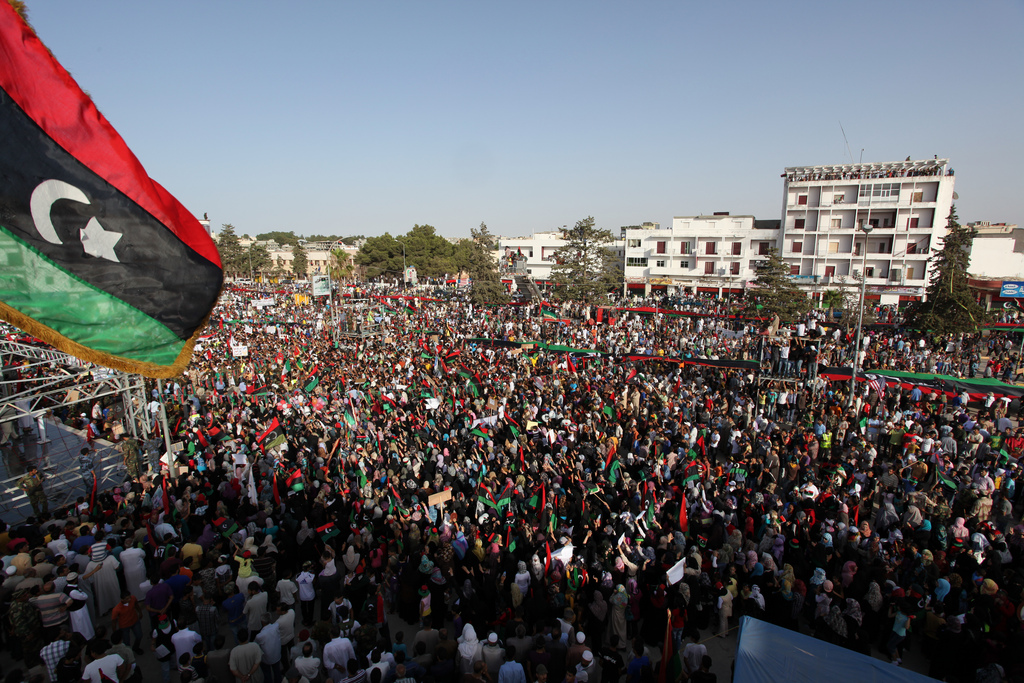By now most of the world has heard of Edward Snowden. The young American contractor who worked for the National Security Agency (NSA) made headlines when he released details of American and British surveillance programmes. He has hardly spent a minute off the nightly news since his dramatic departure from Hong Kong late last month. On July 13th, he was nominated for the Nobel Peace Prize. Americans and non-Americans alike should celebrate this.
Edward Snowden’s claim to fame was, of course, releasing a collection of documents related to the United States’ PRISM and British Tempora programme. Both programs worked to gather telecommunications and internet metadata, ostensibly to pre-empt terror attacks. The information collected through these programmes and other intelligence efforts by the United States included the ‘transactional data’ (all data related to a call other than the content itself) from tens of millions of American Verizon accounts, tens of millions of Brazilians, and even from diplomatic missions of allies, such as Germany. After flying to Hong Kong, information leaked to the Guardian newspaper was released, and the saga of American attempts to apprehend the man they have labelled a criminal began. These attempts include an extradition request to Hong Kong, a coordinated move by several European allies to ground Bolivian President Evo Morales’ flight home from Russia when it was suspected he had Edward Snowden on board, as well as diplomatic overtures towards Russia itself. After all this, the United States government still does not have possession of Snowden.
[captionpix align=”right” theme=”elegant” width=”400″ imgsrc=”http://natoassociation.ca/wp-content/uploads/2013/07/EdSnowden3.jpg” captiontext=””]
Fast-forward to the present: the umbrage created by the actions of this young American has been virtually unending. As of July 13th, further pain and pleasure are likely to be had with the announcement that Edward Snowden has been nominated for the Nobel Peace Prize. Stefan Svallfors, a professor of sociology at the Swedish Umeå University, put Mr Snowden up for the award, noting his “heroic effort at great personal cost,” having shown that “individuals can stand up for fundamental rights and freedoms.” He further added that, “[Edward Snowden’s] example is important because since the Nuremberg trials in 1945 [it] has been clear that the slogan ‘I was just following orders’ is never claimed as an excuse for acts contrary to human rights and freedoms.” The nomination has come late for the 2013 Prize, and though he may yet be considered for 2014, many suspect that the American will never win the award (and certainly never be allowed to collect it). Whether or not he will win is irrelevant – the nomination offers yet another opportunity for the young whistleblower to spark a conversation about the surveillance in contemporary society.
As Daniel Ellsberg, leaker of the Pentagon Papers during the Vietnam War, has said, the actions of Mr Snowden are ‘the most important leak in American history’, even more important than Ellsberg’s own actions during the Vietnam War. Ellsberg’s words, offered from a place of unparalleled empathy, should ring loudly in the ears of those that doubt Mr Snowden.
Edward Snowden’s actions, though directed towards the United States government in particular, offer people around the world a moment to consider the nature of the society that we live in. Is it okay for the government to spy on its own people, particularly to the lengths that have occurred in the United States? At what point has the government gathered enough information to consider its people ‘safe’? How much notification should the government have to provide that it is looking into our actions on a daily basis? Is it okay for a supposed ally to do the same to people that do not fall under its own jurisdiction? There are no easy answers here. Edward Snowden has weighed in with his opinion and given people around the world a chance to do the same.
Canadians in particular gain a lot from their partnership with the United States, but the revelations of American spying on European neighbours and others around the world are a reminder that this partnership comes at a cost. We benefit from the information collected by Americans, as well as that which we collect on our own, even though much of it is arguably collected illicitly, if not illegally. Whether or not the actions of Edward Snowden were legal under American law remains to be seen, but he has undeniably done a service to all peoples who would call themselves free by reminding us of just how difficult a fight it is to remain so. We owe it to him, and more importantly we owe it to ourselves, to ask the crucial question: how much power should we let our government have over us? To what code of conduct should we hold it? Certainly the Constitution – but what happens when that isn’t enough? In the battle of security versus liberty, there are no easy decisions, and every sacrifice needs to be carefully accounted for. Americans have an opportunity to re-think how they have sought their own security, and the rest of the world should not sit idly by and let this topic go un-discussed in our own homes. Edward Snowden will probably not win the Nobel Prize, but this is irrelevant; if people around the world manage to have an honest, thoughtful discussion about the things he has uncovered, then that in itself will be a great triumph for him.




